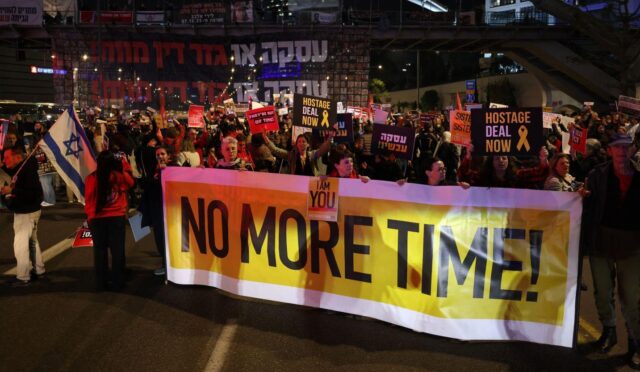Houthi Rebels Report U.S. Air Strikes in Hodeida
On Tuesday, Yemen’s Houthi rebels reported that U.S. air strikes in the western province of Hodeida had claimed the lives of four individuals and left 13 others injured. This announcement followed the Houthis’ claims of targeting both Israel and U.S. warships just a day prior. Anis al-Asbahi, the spokesperson for the rebels’ health ministry, described the strikes as “blatant American aggression” on social media platform X.
According to the Houthis’ Al-Masirah TV, the air strikes resulted in significant casualties in the Al-Hawak district of Hodeida. Civil defense teams were promptly deployed to the area to extinguish fires and search for survivors amid the wreckage. Eyewitness accounts from nearby reported multiple loud explosions, highlighting the intensity of the attacks.
Ongoing U.S. Campaign Against the Houthis
The strikes are part of a broader U.S. air campaign against the Houthi movement, which began on March 15. This campaign has led to almost daily air strikes targeting rebel-held regions in Yemen, aimed at deterring the Houthis from their threats to maritime traffic in vital shipping routes. Such military actions by the U.S. reflect ongoing tensions in the region.
In retaliation, the Houthis have escalated their military operations against U.S. military ships as well as Israeli interests, claiming these strikes are acts of solidarity with the Palestinians in Gaza. Following the escalation of the Gaza conflict in October 2023, the rebels increased their hostilities, targeting vessels in the Red Sea and the Gulf of Aden with greater frequency.
Blockade of Gaza and Rising Tensions
The situation further deteriorated when Israel implemented a blockade on supplies to Gaza at the beginning of March, intensifying military actions in the area starting March 18. This new round of U.S. strikes emerged partly in response to Houthi threats of renewed attacks on vessels due to the blockade conditions imposed on Gaza.
This conflict not only exacerbates tensions in the region but also heavily impacts crucial maritime routes. The Red Sea, essential for global shipping, sees about 12 percent of worldwide cargo traffic transit through it. As a consequence of the Houthi actions, many shipping companies are now forced to reroute their vessels around the southern tip of Africa, significantly lengthening their travel times and costs.
Global Shipping Routes Under Threat
The increase in Houthi assaults on maritime shipping in the Red Sea raises concerns over the safety and stability of one of the world’s most important shipping corridors. The area is vital for trade and commerce, and any disruption can have far-reaching effects on global supply chains.
As companies adjust to these new risks, the potential for increased shipping costs and delays could ripple across the global economy. The international community is closely monitoring the situation, as further escalations may lead to more dramatic shifts in shipping practices and regional security dynamics.






